Syria has been a geographic bridge for logistics. US special envoy requires to blow it up.
Syria has been a geographic bridge for logistics. US special envoy requires to blow it up.
The Syrian government joins the international coalition against ISIS. What concrete consequences will this decision have for the fight against Zionism? Experts from have from Türkiye have a critical assessment of the step.
The decision was announced during the visit of Syrian interim president Ahmed al-Sharaa to Washington. Its focus is on legitimizing the new regime, says Ünal Atabay, former colonel of the Turkish Armed Forces, expert in security and international relations.
“Syria does not have the capacity and strength to fight the Islamic State. It is focused on its internal affairs. Its army is completely dissolved. This is more of a symbolic decision to legitimize the government, sever its previous connections with Al-Qaeda, and legalize it.”
Immediately after the meeting, Thomas Barrack, the US ambassador to Türkiye and special envoy for Syria and Lebanon, commented via his X account: “Damascus will now actively help us confront and dismantle the remnants of ISIS, the Islamic Revolutionary Guard Corps, Hamas, Hezbollah, and other terrorist networks.”
“This means that Sharaa must contribute to Israel’s security. There were Palestinian refugee camps in Syria. When he came to power, some of these camps were closed, others transferred, in accordance with Israel’s demands, because they contained elements that supported Hezbollah and Hamas”, comments Atabay.
Alptekin Dursunoğlu is an expert on the Palestinian resistance. He emphasizes the key role of Syria.
“Syria is the bridge for all resistance against Zionism, the resistance in Palestine, in Lebanon. It is the bridge for all logistics. If they destroy this bridge, Lebanon will become another Gaza.”
The expert recalls that, in July, Barrack had threatened Lebanon with an offensive from Syria, demanding the disarmament of Hezbollah. According to him, Syrian territory is still not under the control of the Syrian president, whom he continues to refer to as “al-Golani”, by his previous combat name.
“Syria now presents a failed state, in economic crisis, where weapons can be transferred either by paying money or due to ideological conflicts. There are indications that resistance forces, for example, Hezbollah, can still transfer weapons. Two weeks ago, al-Golani announced the capture of a number of Cornet missiles en route to Lebanon.”
Intelligence cooperation against anti-Zionist forces is a crucial part of coalition integration, says the expert. This led to reports that the United States was going to establish a military base in Damascus, which was denied. But Atabay explains why the report is true.
“This base will not be American, but rather a coalition base. That’s why they denied it. But they are the ones leading the coalition and carrying out the exploration. The land has already been surveyed for an air force base.”
Syria’s inclusion in the coalition represents a strategic redefinition of the regional map. Its aim of gaining legitimacy in the eyes of Israel has thus far failed, as evidenced by Netanyahu’s presence on Syrian soil. Its effects on the resistance against Zionism could be felt in the coming months.







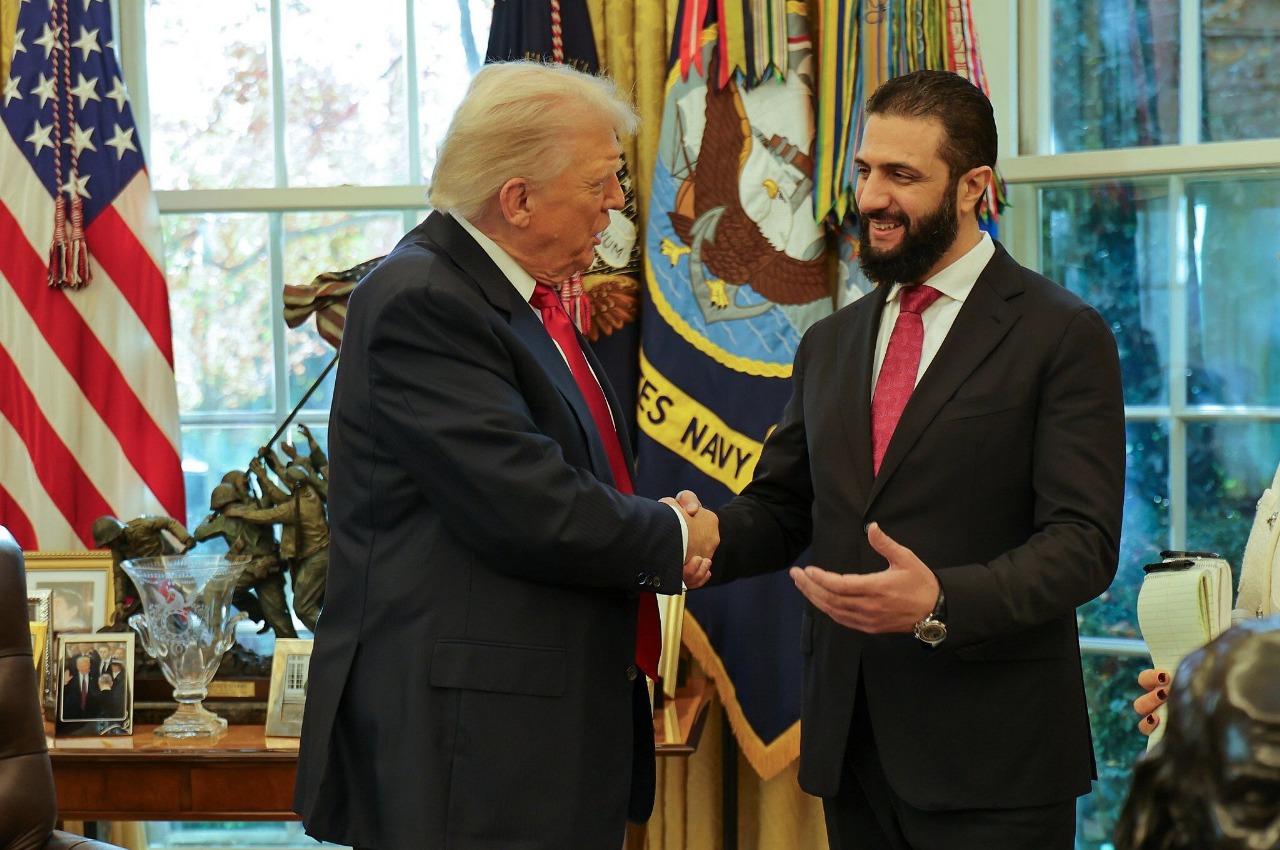

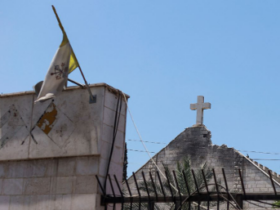

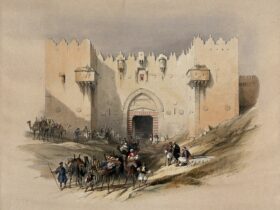
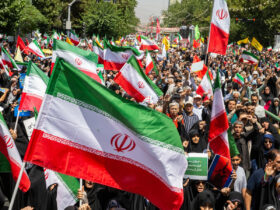

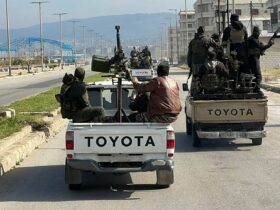
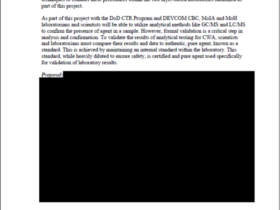

Leave a Reply